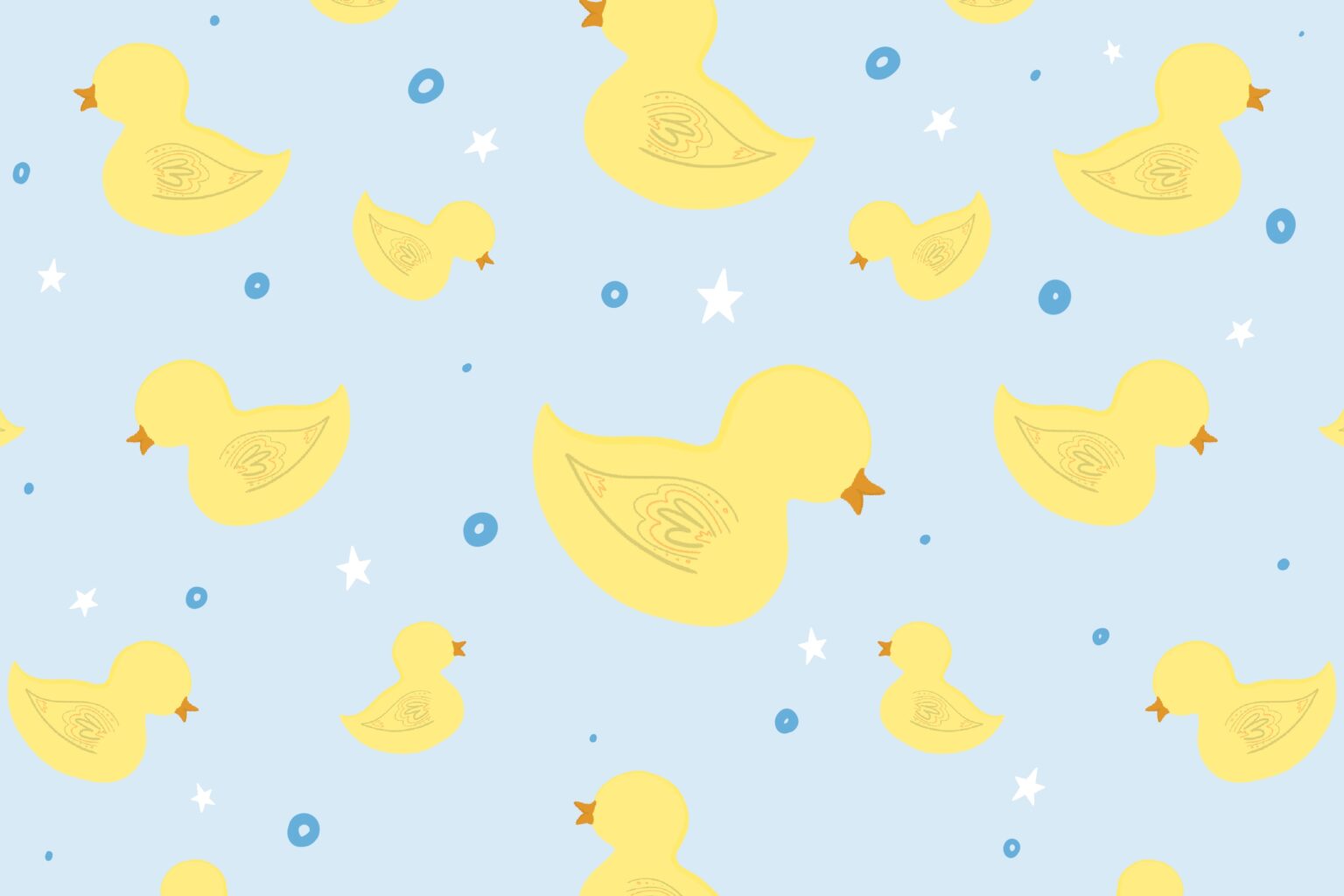Baby Development: Your 9 Week Old

One of the wonders of parenting is watching your baby gradually become aware of the world he or she lives in. By 9 weeks old, your baby is likely responding to all sorts of external stimulus. He or she might have a preference for certain songs already, or find sounds like loud trucks or barking dogs scary. Similarly, your baby’s eyesight is much more developed now. Hopefully you’ve filled his or her environment with bright, visually stimulating things to look at.
What kind of parent are you?
One of the greatest things you can do for your baby at this age is provide plenty of stimulation for all of the senses, with the exception of taste. Bright, contrasting colors help your baby understand the immediate environment better. Access to different textures, like plush toys or bumpy games, will help develop your baby’s sense of touch, while moving toys that make noise can open a whole new world of experiences.
And of course, throughout all of these new experiences, your baby will benefit from the presence of supportive and loving caregivers who interact with them, talking, touching, signing, and providing plenty of stimulation and learning experiences. At this age, caretakers like you are the center of your baby’s universe and provide the most important lessons of all.
But what kind of parent will be you be? There are actually many different “schools” of parenting, and all of them have their supporters. While your baby is still so young, now is a great time to study up on different parenting techniques and see what they all have to offer. Here are a few of the more popular ones:
Attachment parenting. This term was coined by Dr. Bill Sears. The basic idea behind attachment parenting is that the parent quickly and completely meets their child’s needs to build up a foundation of trust and security. Attachment parenting is perhaps best known for its advocacy of co-sleeping, baby wearing, and non-physical discipline.
RIE. An acronym for Resources for Infant Educarers, RIE parenting is built on the idea that parents should take cues from their babies and follow their lead. RIE parents allow a lot of unstructured time for babies to learn and explore their world on their own.
Conscious Discipline. This type of parenting actually began in the classroom as a conflict-resolution tool. In this type of parenting, communication among family members is encouraged.
Even if you don’t adhere to a “parenting style,” there are still plenty of questions to think about. For example, do you believe in spanking children? What type of discipline should you use? Are time outs really effective?
It can be daunting to think about when you’re looking at your very small baby, but effective discipline and parenting actually begins very early, and it’s never too early to think about what type of parent you want to be.
Find out more about parenting styles with Bundoo Behavioral Health Specialist, Raquel Anderson.
Powered by Bundoo®










